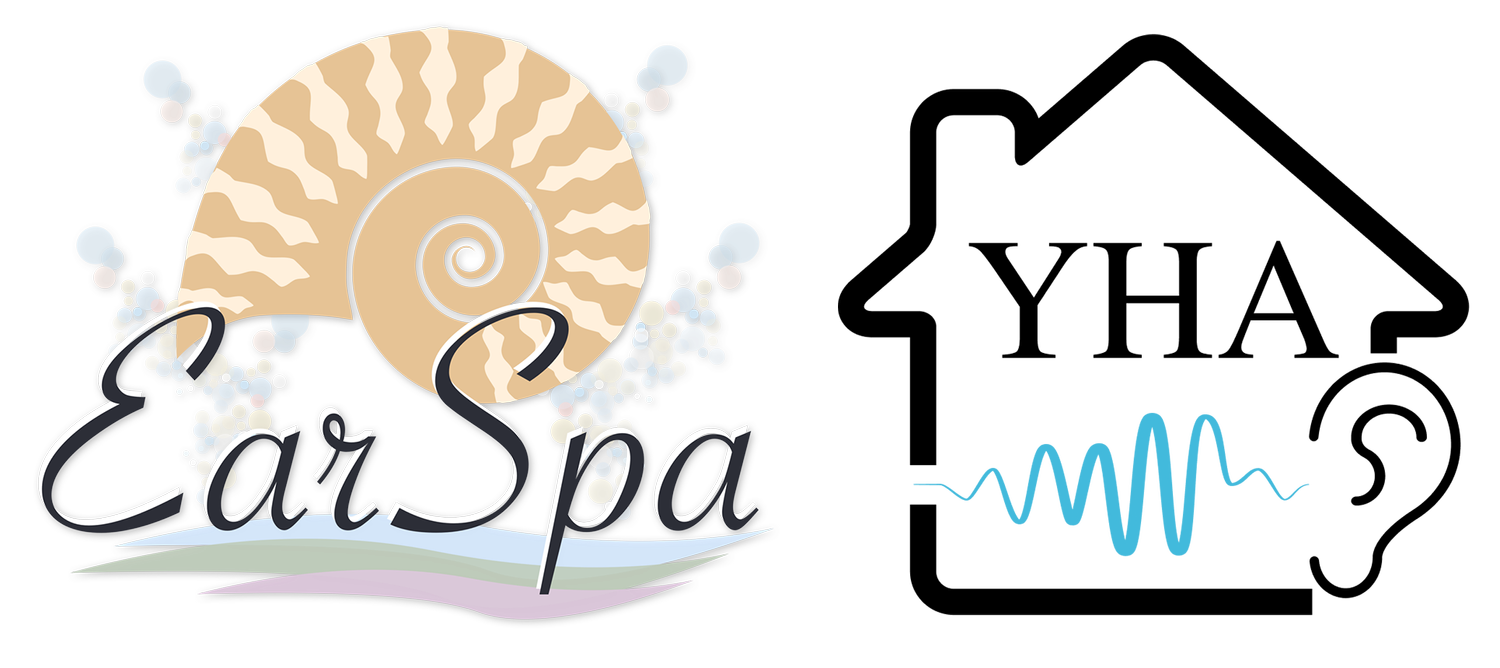Cochlear Implants Vs. Hearing Aids: Which Is Better?
Treatments That Can Help Hearing Loss
There are many different reasons why you may experience hearing loss, and that loss can also range from subtle to extreme hearing loss. Depending on the severity of your hearing loss, and the type of hearing loss you experience, there could be a number of treatments. Sometimes it is as simple as clearing excessive earwax that may be blocking your ear canal, or sometimes it could mean you need surgery to correct a problem within the ear. Often, treatment can lead to needing a cochlear implant or hearing aids.
What Is a Cochlear Implant?
A cochlear implant is a medical device that helps you hear. However, unlike a hearing aid, the cochlear implant is surgically implanted beneath the skin to directly stimulate the hearing nerve, which sends sound and speech signals to the brain. A wire is delicately placed within the cochlea by the implant. Unlike a hearing aid, which can be inserted and removed from the ear canal, a cochlear implant is surgically implanted into the body.
Internal cochlear implants communicate with an outside-the-ear sound processor that is placed behind the patient's ear. The processor converts sound into a digital signal and sends it to the internal implant receiver. The signal is sent by the receiver to electrodes implanted in the inner ear. This stimulates the auditory nerve, which leads to the brain. This is interpreted by the brain as sound and speech. At first, this sound is not the same as what a hearing person hears.
Cochlear implant users are taught to interpret these signals as speech and sound. Your brain will quickly learn to recognize these new sounds and gain useful speech comprehension. As with most things, some people will hear immediately after receiving a cochlear implant, while others will need to be trained. Over the last decade, cochlear implant technology has advanced rapidly. Cochlear implants can communicate with phones and music players. Today, these implants can be placed in one or both ears to help people with severe hearing loss who cannot benefit from a hearing aid.
What is a Hearing Aid?
Hearing aids are small electronic devices that increase the volume of sounds entering the ears. Hearing aids include a small microphone and a computer chip that amplifies the sound and sends it to a speaker. A battery powers the device. Hearing aids are classified into two types: in-the-ear (ITE) and behind-the-ear (BTE).
Both types have a wide range of colors, shapes, sizes, and styles to choose from. Hearing aids are constantly improving; these sophisticated little tools have a significant impact on the lives of people who suffer from hearing loss. Following an evaluation of the hearing problem, a provider audiologist will typically prescribe hearing aid devices. Hearing aids are typically prescribed for children and adults with mild to moderate sensorineural hearing loss.
Which Is Better For Hearing Loss?
Hearing aids are still the most commonly prescribed treatment for hearing loss. A cochlear implant, unlike a hearing aid, electrically stimulates the hearing nerve to activate hearing. The cochlear implant is intended for severe hearing loss and is not typically used in patients who have only partial hearing loss.
Typically, for mild to moderate hearing loss, hearing aids are the recommended option, although there are some hearing aids designed for moderate to severe hearing loss. Cochlear implants are usually recommended when there is severe to profound hearing loss. This way, the device is able to bypass the damaged parts of the ear and directly stimulate the brain.
By working with an experienced audiologist like Dr. Srour, proper testing and education about the options for treating hearing loss will be discussed. You can rest assured that the best option for your hearing loss will be recommended. Contact Dr. Srour today to schedule a hearing test or to learn more about different options for hearing loss.
